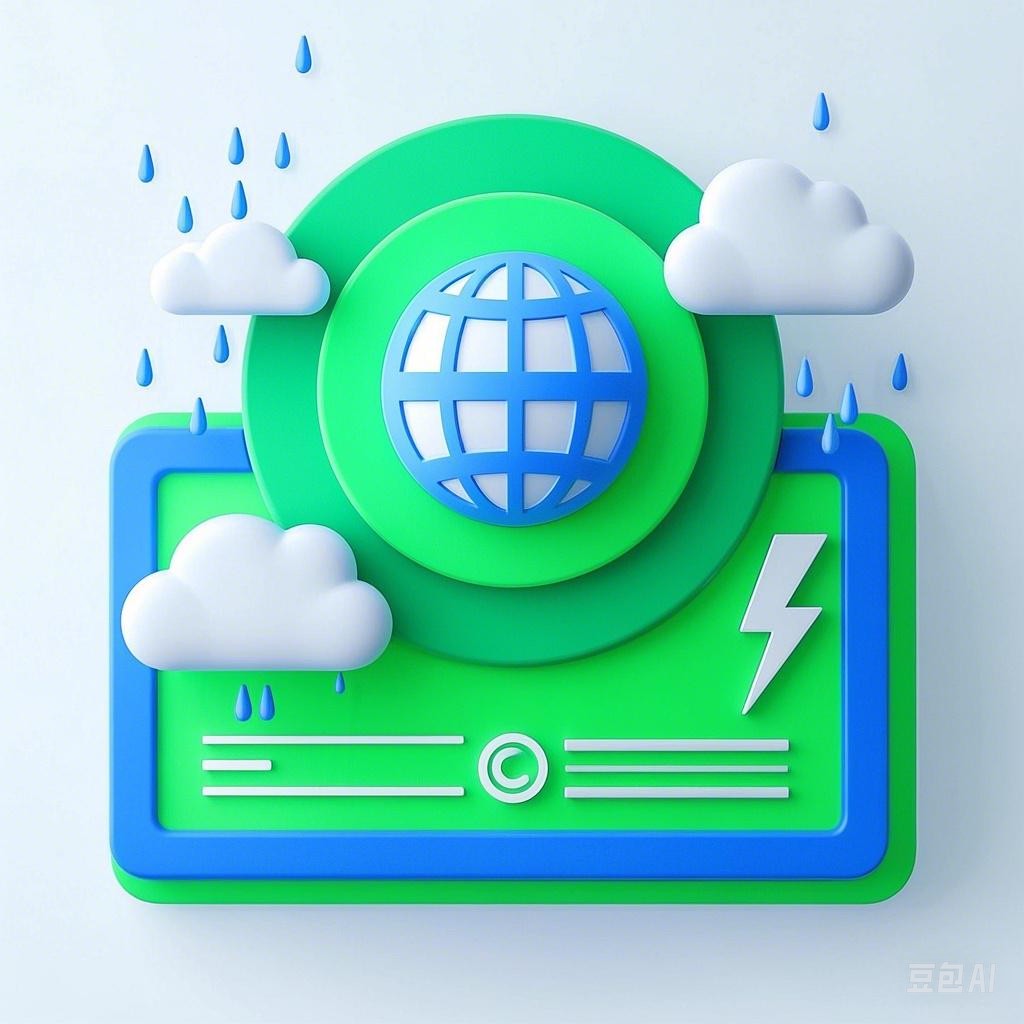Introduction
The ocean, a vast and intricate ecosystem, plays a crucial role in sustaining life on Earth. However, it is also susceptible to various disasters that can have devastating impacts on marine life, coastal communities, and global climate. This article aims to unlock the secrets behind ocean disasters, providing insights into their causes, effects, and potential solutions.
Types of Ocean Disasters
1. Tsunamis
Tsunamis are large sea waves caused by disturbances, such as earthquakes, volcanic eruptions, or underwater explosions. They can travel across entire ocean basins at high speeds, reaching heights of up to 100 meters or more.
Causes:
- Subduction zone earthquakes
- Underwater landslides
- Volcanic eruptions
Effects:
- Devastating coastal flooding
- Loss of life and property
- Disruption of marine ecosystems
Mitigation Strategies:
- Early warning systems
- Land-use planning
- Public education
2. Typhoons and Cyclones
Typhoons and cyclones are powerful tropical storms characterized by strong winds, heavy rainfall, and storm surges. They are most frequent in the western Pacific Ocean, Indian Ocean, and Atlantic Ocean.
Causes:
- Warm ocean temperatures
- Low-pressure systems
- Moisture-rich air
Effects:
- Heavy rainfall
- Storm surges
- Flooding
Mitigation Strategies:
- Building storm surge barriers
- Strengthening coastal defenses
- Early warning systems
3. Coral Bleaching
Coral bleaching is a phenomenon where corals expel the algae living in their tissues, causing them to turn white. This is usually a result of high sea surface temperatures.
Causes:
- Global warming
- Ocean acidification
- Increased ultraviolet radiation
Effects:
- Loss of biodiversity
- Decline in fish populations
- Erosion of coral reefs
Mitigation Strategies:
- Reducing greenhouse gas emissions
- Protecting marine reserves
- Implementing sustainable fishing practices
4. Oil Spills
Oil spills occur when oil is released into the ocean, often due to human activities such as offshore drilling, transportation, and accidents.
Causes:
- Accidental oil spills
- Illegal dumping
- Natural seepage
Effects:
- Pollution of marine ecosystems
- Damage to marine life
- Economic losses
Mitigation Strategies:
- Strengthening regulations on oil transportation
- Implementing cleanup technologies
- Encouraging alternative energy sources
Global Impacts
Ocean disasters have significant global impacts, including:
- Human Health: Exposure to contaminated water and air can lead to diseases and health issues.
- Economic Loss: Damage to infrastructure, loss of property, and reduced fish populations can result in economic losses.
- Climate Change: Ocean disasters can exacerbate climate change, leading to more frequent and severe events.
Conclusion
Ocean disasters are a significant threat to the health of our planet. By understanding their causes and implementing effective mitigation strategies, we can work towards unlocking the secrets behind these disasters and minimizing their impacts on marine ecosystems and coastal communities. It is essential to raise awareness, invest in research, and promote sustainable practices to protect our precious ocean resources.
